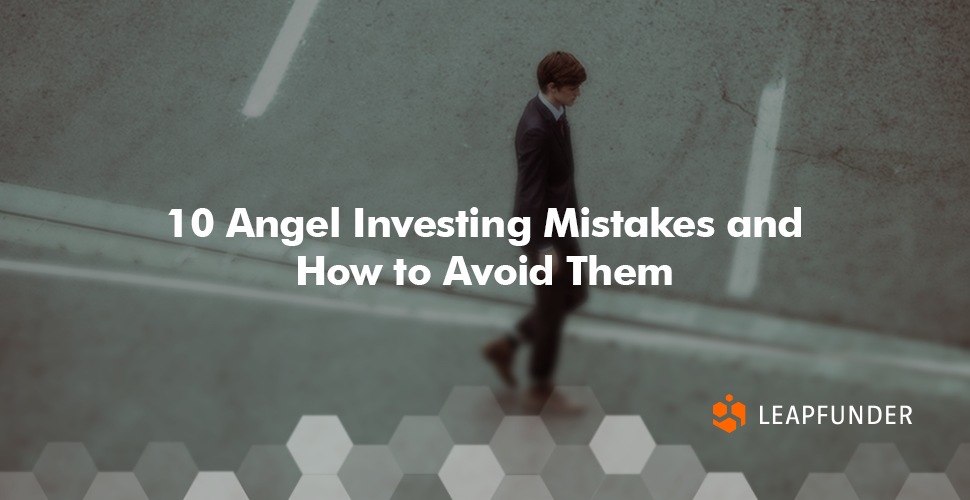Angel investing is an inherently risky business, and even the most capable Angels can point out the duds in their portfolio. That’s why it’s unsurprising that a survey conducted by Worthworm, a startup valuation system based out of the United States, found that one in two angel investors wish they had thought differently about an investment they made last year.

Those surveyed noted frustration with startups quoting financials that turn out to be plainly unrealistic. They saw projections which depended too heavily on the CEO’s confidence in their own abilities and the size of the total addressable market. Even capturing a fraction of a per cent of the market is uncertainty in and of itself. The survey found that issues with strategy or management fit make up a far smaller portion of Angel’s frustrations with their investments than pie-in-the-sky financials.
Of course, completely avoiding bad investments is impossible, and no method to see past the smoke and mirrors of financial projections is foolproof. Fortunately, there are methodologies that investors can put into practice to not only find as many winners as possible but to minimize the liability associated with the losers.
Most common angel investing mistakes
Recently, David Rose, founder of the famous deal-flow program software Gust, shared what he identified as the ten of the most common angel investing mistakes (documented by the co-founder of HydeParkAngels Jeff Carter):
- Investing in the first deal you see
- Not doing enough due diligence, or not doing the right due diligence
- Investing outside of domain expertise
- Investing at too high a valuation
- Investing in an uncapped convertible note
- Signing docs without running them by an experienced lawyer
- Not reserving additional capital for follow-on investment
- Investing in fewer than 20 deals
- No long-term commitment
- Dragging out the investment process unnecessarily
How to avoid these common angel investing mistakes
So how do you hedge against these common angel investing mistakes? Opinions will differ. But to play back one opinion: David also discussed some of the best practices he has learnt during his time in the industry. Have a look:
- Generate high-quality deal flow. (Network, network, network)
- Gather detailed info to understand businesses (Great due diligence separates the wheat from the chaff and gives you better odds of success)
- Select for home-run “Gazelle” type companies with a moderate downside. (Angels investors don’t need unicorns to be successful)
- Negotiate fair terms at a reasonable valuation (Don’t junk up terms sheets. VCs will get rid of all those terms in later rounds or stay away. Clean term sheets give you a better chance of success.)
- Aim for 30x potential (This means if you invest at a $3M post money, company exits at $90M)
- Add value through proactive support (Use your network to create opportunities for the startup, and to find next stage financing)
- Follow on in all up rounds, and be rational in down rounds (Press your winners, cut your losers)
- Prepare for most investments to fail (In a portfolio of ten investments, only 2 are likely to pay for the whole thing)
- Assist founders in evaluating and negotiating exits and next rounds (You have the expertise, mentor your founders)
- Build the entrepreneurial community (The bigger the community gets, the more opportunity there will be for you to invest in great entrepreneurs)
Hopefully, these insights are valuable as you continue to work with your startups. Hopefully, you won’t regret any of your latest investments this time next year. Keep in mind that learning from your own and others’ angel investing mistakes can be invaluable to the ultimate success of your portfolio.
Discover new opportunities and invest online by signing up for Leapfunder now:



